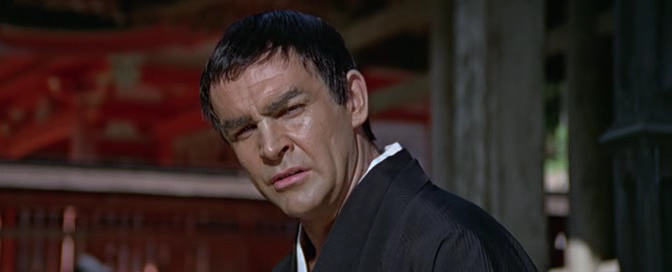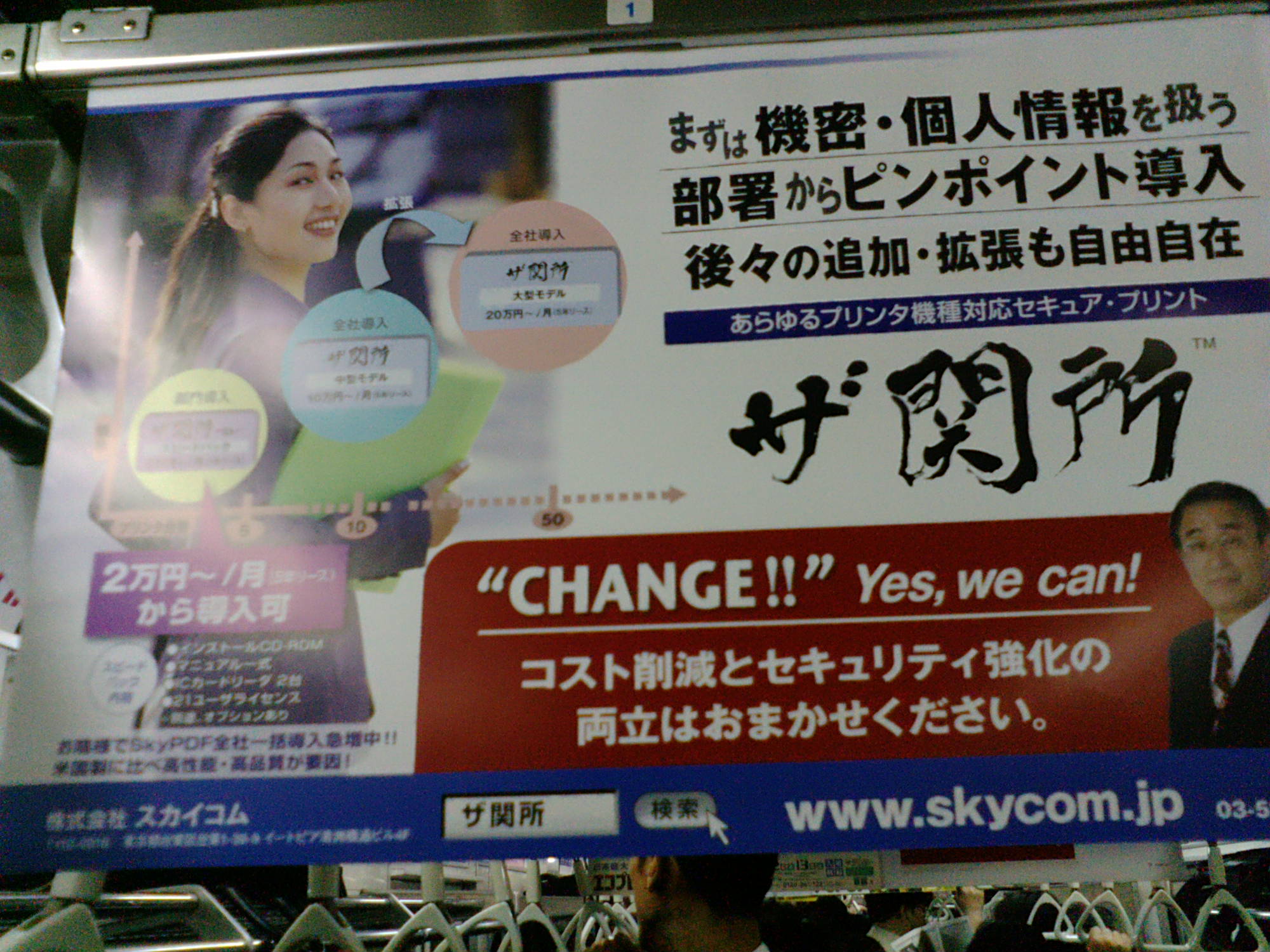On Saturday, I went with a friend of mine to see the “Children of the Dark“(闇の子供たち) , a new film by Japanese director Sakamoto Junji primarily about child prostitution in Thailand. The story is primarily told through the perspective of the two Japanese main characters, a reporter for Bangkok bureau of the fictional Japan Times (no relation to the actual English language Japan times, but more of a pastiche of the Asahi or Mainichi. I believe the Mainichi was thanked in the credits) named Nambu, and a Japanese college student named Keiko, who is volunteering at a tiny Bangkok NGO. Secondary characters include Nambu’s mildly irritating 20-something Japanese backpacker/photographer sidekick, and a wide selection of Thai criminals, NGO workers, and abused children.
Except for a brief trip back to Japan around the middle of the film, it takes place entirely in Bangkok. The dialogue is mixed Thai and Japanese, probably with Thai dominating. Nambu speaks appropriately good Thai, as a foreign correspondent should (even if they don’t all), and Keiko speaks a bit haltingly, but according to the subtitles at least she seems to have no trouble expressing complex thoughts, or understanding what anyone says.
The central plot thread is your fairly typical “newsman uncovers a story and chases it ragged even at the risk of his own life” and makes sure to include a selection of the typical cliches, such as a back-alley gunpoint menacing in which none of the stars are harmed, despite a secondary Thai character having been shot in the head in another scene moments before or the photographer’s constant wavering between going home to safety in Japan or staying in Thailand to fight the good fight. At the beginning of the film, Nambu receives a tip that Thai children are being murdered so their organs can be transplanted into dying Japanese children. This is just one of the ways in which children become disposable in the film, but I felt like the addition of this imaginery (although certainly not impossible) scenario to the array of real horror detracted from the film’s effectiveness.
The primary goal of the film is the depiction of evils inflicted by adults on children, and there are a number of truly unpleasant scenes involving child prostitution by foreigners of both Western (American and European) and Japanese origin, as well horrendous mistreatment of the child slaves by their Thai captors. These sorts of terrible things happen all day long in many parts of the world, and it is understandable that the film makers wanted to depict it on screen, but I found the “deeper” messages to be more muddled than sophisticated.
Incidentally, the Japanese Wikipedia article on the film has a rather odd criticism I’d like to mention briefly. It mentions that Japanese blogs (2ch-kei foremost I imagine) have called it “an anti-Japanese film” since it “puts all of the blame for the selling of children in Thailand on the Japanese.” This claim is patently absurd. Of course a significant part of the film’s purpose IS to blame Japan predatory Japanese, but Western perverts are given at least as much of a spotlight in the brothel vignettes. And the Thai criminals who actually run the victimization business are hardly made out to be innocent bystanders.
For some reason I was mildly irritated by Keiko’s inexplicably competent Thai throughout the film, but it may simply have been the fact that I found the character generally pointless. When she first arrives at the NGO, one of the ladies working there asks her “Why did you come to Bangkok, isn’t there some good you can do in Japan?” While this question lingers throughout the film, and naturally Keiko does come to do some good in Bangkok, her motivations are never explored and her character acquires no depth. Why did she come to Thailand? Why is she even in this movie? She is tabula rasa- a standin for the audience, or rather for the way the film maker wants the audience to think. Her initial appearance suggested that she could have been an aspect of a message that I think the filmmakers were trying to convey-that Thailand (and presumably other countries like it, although no others are mentioned) are playgrounds for Japanese and Western neo-colonialists to act out their fantasies of either depravity or heroism without repercussion. However, despite this theme perhaps being touched on ever so briefly during her first appearance, Keiko turns out to be nothing but an autonomic cliche of a young NGO volunteer.
I hope my ramblings do not give the impression that I hated the movie- I did not. I would, in fact, say that it was overall decent. But I did find it very disappointing. It starts well, and has a number of powerful scenes of horror and despair, but it is too long, the story is meandering and a bit cliched, and one of the leads is just dull to the point of no longer being annoying. Those with a particular interest in the problems this film addresses should see it, but wait for the DVD.



